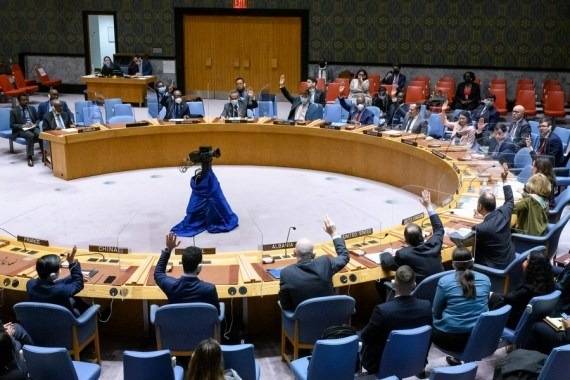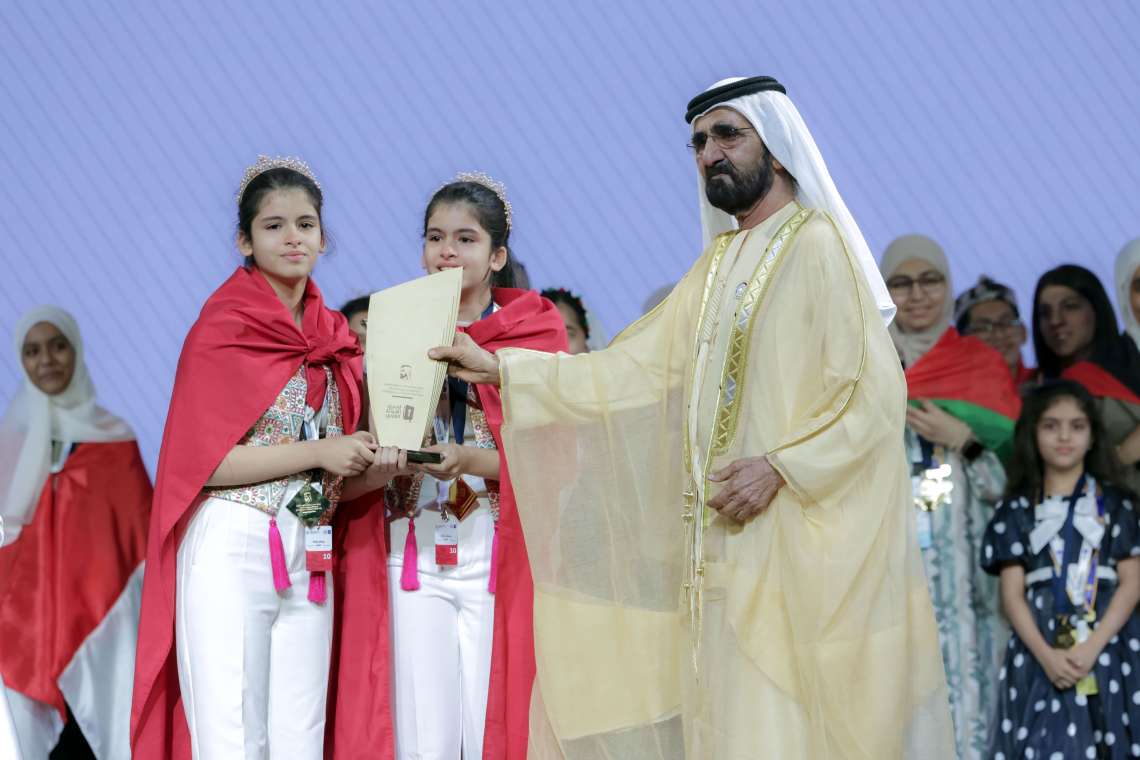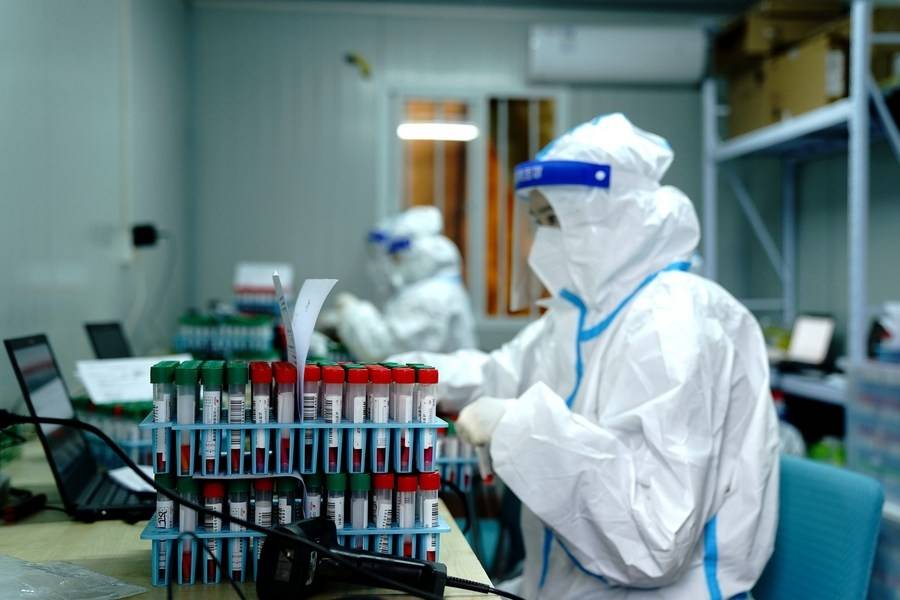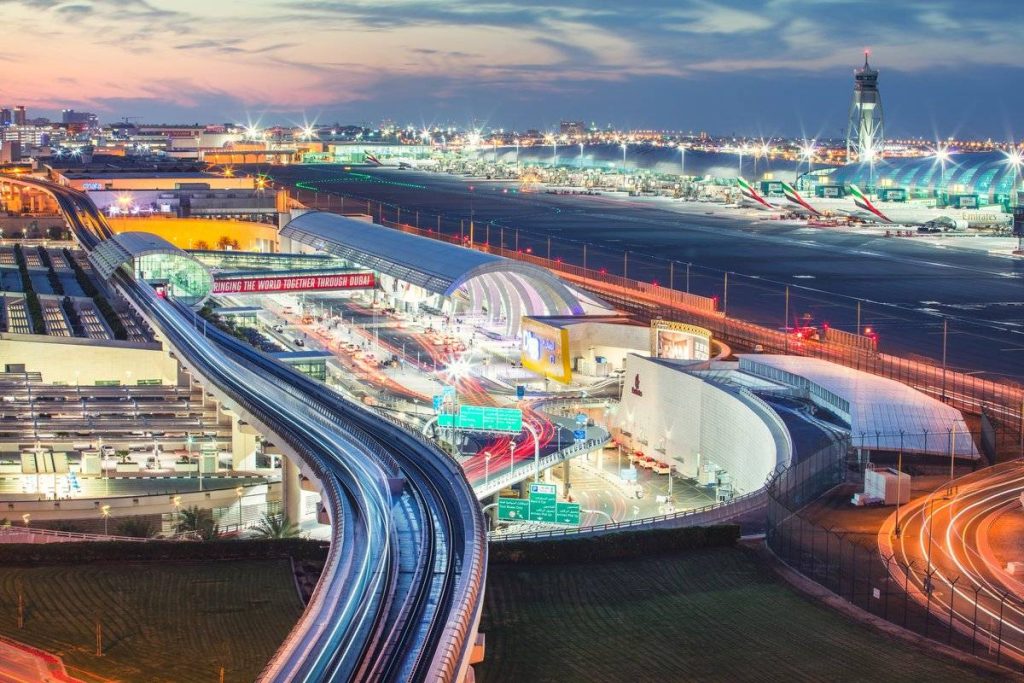UAE and India agreed to work closely together on key issues on the UNSC agenda, in particular on their shared commitment to reformed multilateralism and counter-terrorism, reports Asian Lite Newsdesk
The first round of India-UAE UN consultations, at the Director General-level, were held in Abu Dhabi on Tuesday and saw the two nations agree to work together closely on the issues related to UN issues, including the Security Council.
Both sides exchanged views on areas of priority during their ongoing UNSC tenure. In keeping with their Comprehensive Strategic Partnership, they agreed to work closely together on key issues on the UNSC agenda, in particular on their shared commitment to reformed multilateralism and counter-terrorism.
The Indian delegation was led by Joint Secretary, UN-Political, Prakash Gupta, along with officials from the Embassy of India in Abu Dhabi, while the UAE delegation was led by Ahood Al Zaabi, Director of the United Nations Department of the UAE Ministry of Foreign Affairs & International Cooperation.
India also congratulated UAE on its successful Presidency of the UNSC in March 2022. Both sides welcomed their convergences and mutual support on multilateral issues.
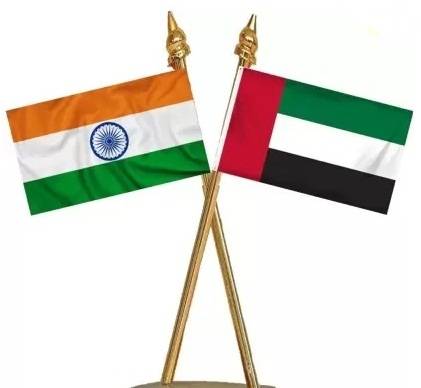
Answer for UNSC vetoes
Meanwhile, the UN General Assembly has voted a measure seeking to make the five permanent members of the Security Council answerable for their vetoes, and although India criticised it as inadequate, it went along with the unanimous approval of it.
With action on the invasion of Ukraine held hostage by Russian vetoes at the Council, the UN General Assembly on Tuesday adopted the resolution that would require it to meet within 10 days after a veto has been cast in the Council to debate the veto and give the vetoers a chance to speak to it.
While reiterating India’s call for a complete reform of the Council, Deputy Permanent Representative R. Ravindra said the resolution was a “flawed approach (that) is, therefore, an aberration” that cannot address the totality of the problems with the Council’s role and powers.
The resolution also demands that the Council have to send a report on the veto to the Assembly.
The resolution proposed by Lichtenstein was co-sponsored by more than 80 UN members, including permanent members — US, Britain and France.
The other permanent members, China and Russia, did not press for a formal vote on the resolution in the face of the wide support for it and went along with it, even though Beijing said it was opposed to it.
Speaking to reporters in Moscow where he is on a mediation mission for the Ukraine conflict, UN Secretary-General Antonio Guterres said, “I’m very much in favour of a moderate use of the veto, having no illusions about the possibility of changing it.”
Ravindra drew attention to the call of several African nations to abolish the veto powers of the five permanent members or to extend it to all permanent members in an expanded Council.
Without a reform, the Assembly can do very little about the veto powers as the permanent members “have a veto over the veto”.
“As rightly called out by our African brothers and sisters, it goes against the concept of sovereign equality of states and only perpetuates the mindset of the Second World War, to the victor belongs the spoils,” he said.
ALSO READ: UAE leaders discuss plans for next 50
“Either all nations are treated equally in context of voting rights or else the new permanent members must also be given the veto,” he added.
At his Moscow news conference, Guterres echoed similar ideas when asked by a reporter about the Assembly resolution.
He said, “It’s important to enlarge the Security Council and to have a more equitable representation, particularly (for) the countries (in) Africa.”
As a “double victim of colonialism,” the UN Chief said, “Africa is underrepresented in decision-making processes, in most of the multilateral institutions. And so, I do believe that a stronger representation of developing countries in many areas, from the Bretton-Woods institutions (like the World Bank and International Monetary Fund) to the Security Council, would be an important reform.”

